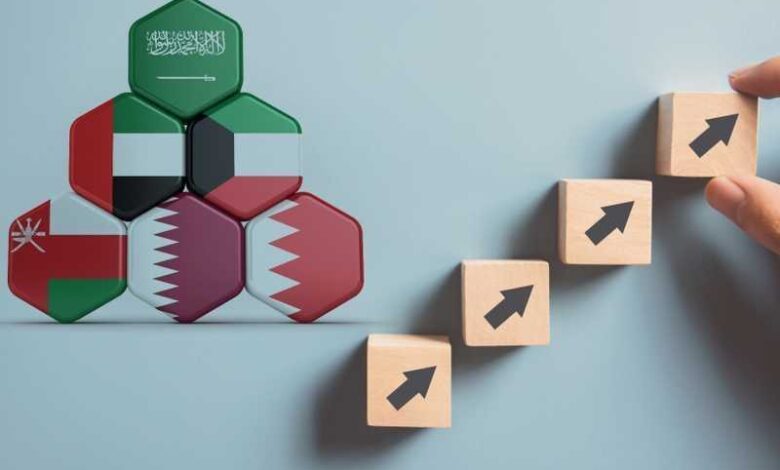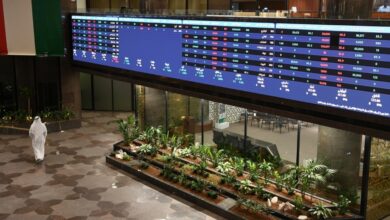
A recent economic report highlights the favorable credit conditions supporting most companies and infrastructure entities in the Gulf countries, despite global economic headwinds, elevated interest rates, and geopolitical uncertainties in the Middle East region.
According to S&P Global Ratings, the majority of credit ratings for Gulf companies and infrastructure entities are expected to maintain their flexibility despite global economic weakness and rising interest rates in 2024, reports Al-Qabas daily.
Rawan Oweidat, a credit analyst at the agency, anticipates continued growth in EBITDA and capital expenditures, largely driven by ambitious economic development plans. This growth is expected to sustain credit metrics for companies, with the possibility of slight improvements. Refinancing risks are deemed manageable, particularly for government-related entities, which account for a significant portion of debt due in 2024 and boast high credit ratings.
Oil, Gas, and Chemical Companies are projected to experience a rebound in profits in 2024, according to Oweidat. However, non-oil sector profits are expected to grow at a slower pace compared to the previous year, as highlighted by Tatjana Laskova, another credit analyst at the agency.
Sofia Bensaid, the credit analyst, anticipates an increase in decarbonization initiatives following the COP28 Conference of the Parties, leading to infrastructure issuers returning to financial markets to refinance debt. Despite market risks, infrastructure assets in Gulf countries are expected to remain resilient due to long-term concessions that mitigate risks effectively.
The overall outlook for credit ratings on Gulf companies and infrastructure entities is stable, indicating their resilience in 2024. However, limited credit rating upgrades are expected, with potential pressures on companies in cyclical sectors and those making significant investments leading to higher leverage. Additionally, high geopolitical risks may impact companies reliant on consumer confidence.













